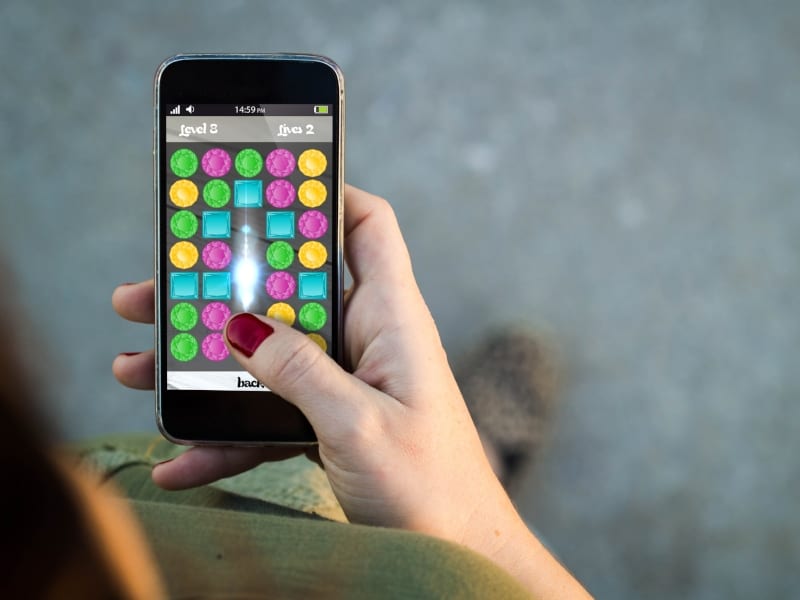Mobile gaming: Do different genres influence different brain functions?
Mobile gaming has become one of the commonest forms of entertainment worldwide. However, little is known about how mobile games of different genres affect various brain functions. What is the effect of specific mobile game genres on alertness? Are players response rates to certain stimuli the same across genres? Do players of different genres have similar decision making skills? Researchers from India have examined certain aspects of cognition in young mobile game players.
By Preeti Jain
The technological evolution of mobile games has been rapid in recent years. Fresh games have been created by introducing new features, and by merging the traditional game dynamics of several pre-existing genres. This has led to the emergence of hybrid gaming genres, like action-adventure, puzzle-role play etc. that are especially suited for playing on mobiles and smartphones. In 2019, it was estimated that almost one-third of the global population (i.e. 2.4 billion people) indulge in mobile gaming.

Playing different kinds of mobile games requires different skills, and does not place an equivalent load on all mental abilities. Hence, specific genres of games may have a significant influence on certain task-specific aspects of cognition. In a new study published in the International Journal of Adolescent Medicine and Health, researchers compared different brain functions in players of two of the most popular genres of mobile games: endless running and match-3.
Young adults between the ages of 18 and 25 who had played either endless running (think Temple Run or Subway Surfers) or match-3 style games (Candy crush and Bejeweled) for 5 or more hours per week in the previous six months were recruited for the study. To compare their cognitive skills, the researchers used an “oddball” reaction time paradigm, in which a series of repetitive stimuli is occasionally interrupted by an unusual (oddball) stimuli that the participants must react to.
Is there a difference in reaction time between players of different genres of mobile game?
A person’s reaction time depends on how they perceive a stimulus, how fast their brain processes that information, and how quickly their muscles respond. Interestingly, the researchers found that players of endless running games responded more quickly to the oddball stimuli than match-3 players. This suggests that playing some types of mobile games may be associated with better alertness and attention.

How do players of different mobile game genres respond to unexpected stimuli?
The researchers also found that endless running players had significantly lower P300 amplitudes compared to match-3 players. P300 is a signal of brain activity that is believed to correspond with unpredictable events involving “outside the box” thinking and decision making. P300 waveforms were recorded from surface electrodes placed on specific parts of the scalp whilst participants completed the “oddball task”. During this task, the subjects heard a repeated, regular tone of a particular frequency. 20% of the time, the tone was more high pitched, and these “oddball” tones came at uncertain intervals. The lower P300 amplitudes seen in the endless running players suggests that playing certain mobile games may be reflected behaviourally as “quick thinking” decision making.
Dr. Preeti, the lead researcher of the study, said, “The differences seen in players of different game genres were probably due to inherent gameplay mechanics which placed unequal load on various mental skills.”
Endless running games have an action-adventure design. They require a combination of navigational and visuo-spatial skills with precise timing. Habitual playing of these games could lead to structural changes in certain brain areas, which in turn may mean that some tasks require less mental strain, resulting in improved attention, alertness and other cognitive skills. On the other hand, match-3 is a non-action game that emphasizes problem-solving skills and pattern recognition, and usually does not have a time limit. These differences in gameplay mechanics could account for the comparatively longer reaction times seen in the match-3 group.
The researchers conclude by explaining that understanding which brain functions are modified by playing which types of mobile games may have practical applications for improving cognitive abilities in both healthy and diseased populations.
To find out more, read the original article here: